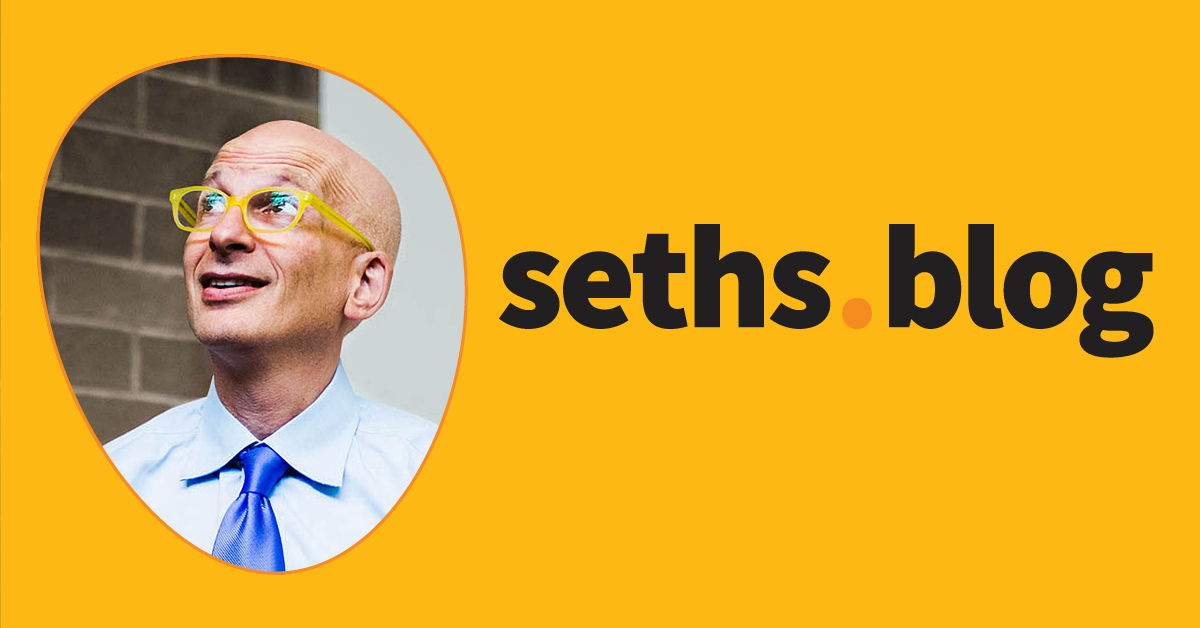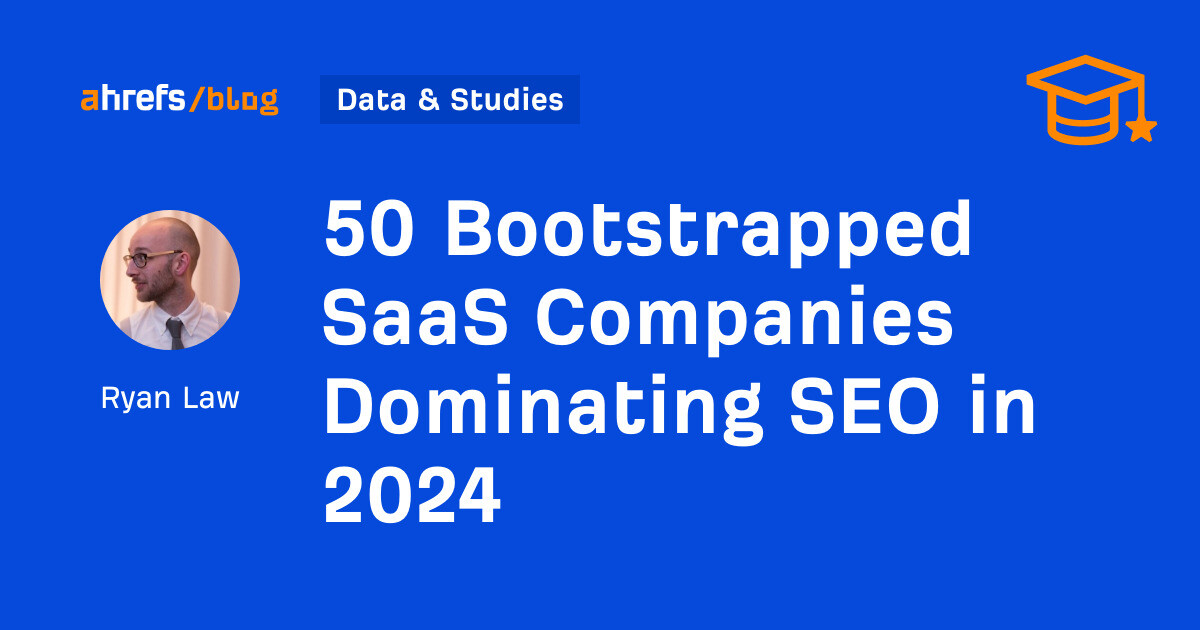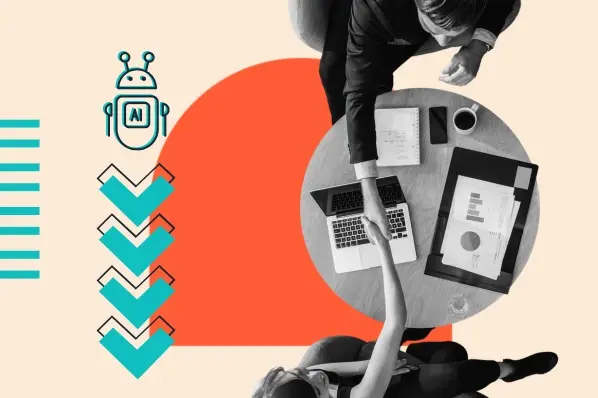Walk into a bank with a stocking on your head and you’re probably going to get arrested.
Civil society as we know it is dependent on identity and responsibility. A person does something and owns the consequences. This requirement of identity leads to the dynamic of the free market that we call trust.
Even companies, which aren’t people but lately have been given many of their privileges, occasionally have to pay the price for abusing our trust.
But what happens when the email, the essay, the voice, the interactions–aren’t from a person, but from a swarm of bots? Is that really Donny Osmond singing us Happy Birthday or a clever AI construction?
[On the other hand, people are really making good use of the free AI on this blog–and so far, it’s pretty trustworthy.]
When the internet began to chip away at our interpersonal relationships, we relied on brand names or clues to figure out what was real. We invented captchas and filters to figure out who or what was truthworthy.
A certain kind of trust is no longer useful. Selfish hustlers are going to be one of the first big winners in the AI race, abusing systems that were built on traditional ideas of identity and responsibility.
Then what?
This is a fine moment to start taking the question seriously.
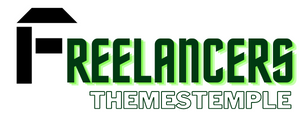
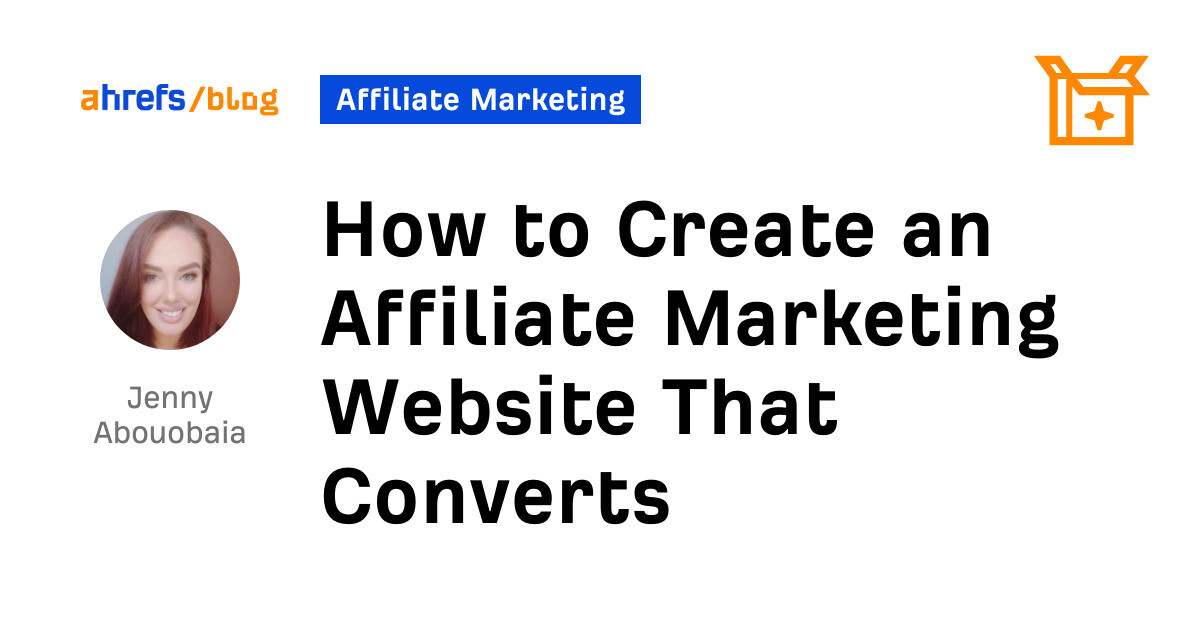

![How to Optimize for Google’s Featured Snippets [Updated for 2024]](https://moz.com/images/blog/Blog-OG-images/How-to-Optimize-for-Googles-Featured-Snippets-OG-Image.png?w=1200&h=630&q=82&auto=format&fit=crop&dm=1724004002&s=13df73104762982790dab6dc8328023f)
